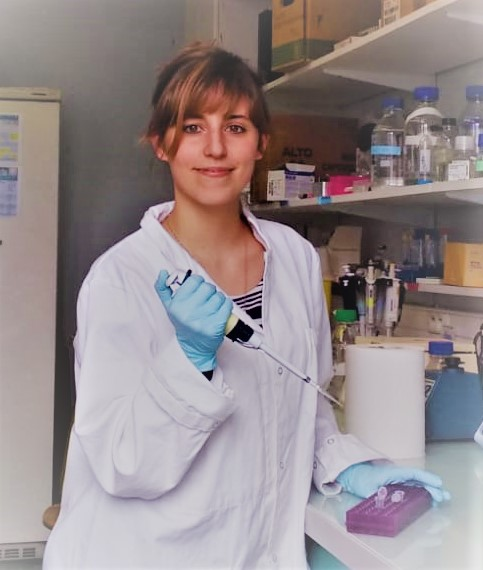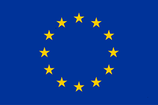Clara Apicella
|
Read Clara's blog posts:
1- "La vie en rose" of an ESR in Paris 2- Do Unhealthy Placentas Dream of Electric Sheep? How we use gene expression to understand disease Project Title: Genetic and epigenetic regulation in placental diseases
|
2021: Clara is in her third year of PhD at the Institute Cochin in Paris.
Her journey in biology started in Rome, where she graduated in Biological Sciences at La Sapienza University. She moved then to England and was awarded her MSc in Molecular Biotechnology at the University of Birmingham, where she remained as Research Associate working on heart failure and arrhythmias.
She is now enjoying her work in iPLACENTA analysing large omics datasets from human placenta samples. The pandemic lockdowns turned out to be a blessing in disguise, at least for her bioinformatics and genetics knowledge. She could take the time to really plunge into the analysis of the genotype and transcriptome of her human placenta samples, discovering a whole new world in human genetics. This allowed her to identify the best strategy to get the most out of the data and identify novel regulatory hierarchies.
Her journey in biology started in Rome, where she graduated in Biological Sciences at La Sapienza University. She moved then to England and was awarded her MSc in Molecular Biotechnology at the University of Birmingham, where she remained as Research Associate working on heart failure and arrhythmias.
She is now enjoying her work in iPLACENTA analysing large omics datasets from human placenta samples. The pandemic lockdowns turned out to be a blessing in disguise, at least for her bioinformatics and genetics knowledge. She could take the time to really plunge into the analysis of the genotype and transcriptome of her human placenta samples, discovering a whole new world in human genetics. This allowed her to identify the best strategy to get the most out of the data and identify novel regulatory hierarchies.
Nationality: Italian
Institution: Institut Cochin, Inserm, France


